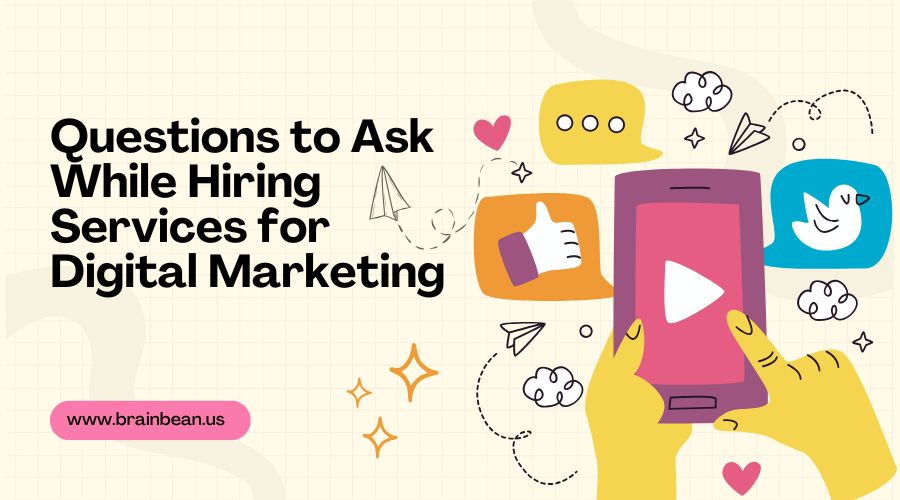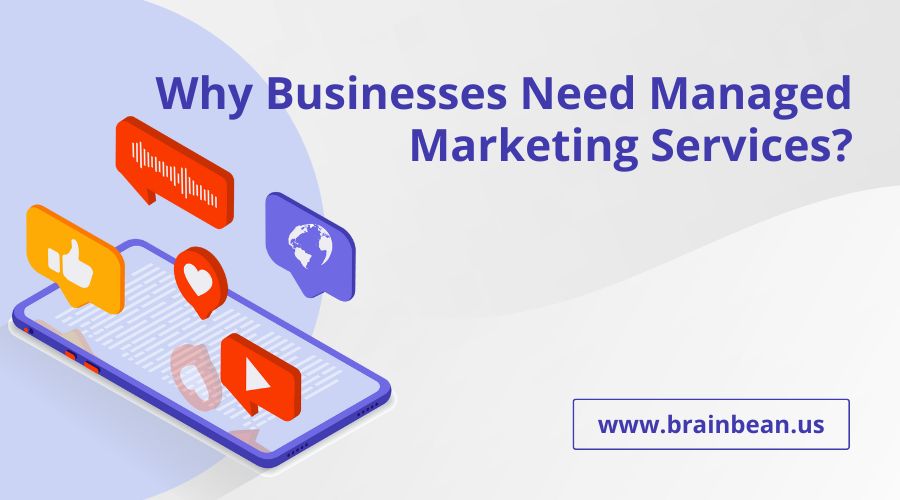In the digital age, content reigns supreme. From blog posts and social media updates to videos and podcasts, content has become the currency of communication, driving engagement, building relationships, and shaping perceptions. In this blog, we’ll delve into the world of content, exploring its significance, best practices, and strategies for creating compelling and effective content that resonates with audiences.
Understanding Content
Content is any information, message, or creative material that is produced and shared to inform, entertain, or engage an audience. It encompasses a wide range of formats, including text, images, audio, and video, and can be distributed across various channels, such as websites, social media platforms, email newsletters, and more. Content serves multiple purposes, from educating and inspiring to entertaining and persuading, and plays a crucial role in driving brand awareness, generating leads, and nurturing customer relationships.
The Significance of Content
- Building Brand Identity: Content is instrumental in shaping and reinforcing a brand’s identity, personality, and values. Through consistent messaging, storytelling, and visual branding, content helps to establish a strong brand presence and differentiate the brand from competitors.
- Driving Engagement: Compelling content attracts attention, sparks curiosity, and encourages interaction with audiences. Whether through thought-provoking articles, captivating videos, or engaging social media posts, high-quality content stimulates engagement, fosters conversations, and cultivates a loyal community of followers and customers.
- Educating and Informing: Content serves as a valuable resource for educating and informing audiences about relevant topics, trends, and industry insights. By providing valuable information and actionable advice, content establishes the brand as a trusted authority and resource within its niche.
- Driving Conversions: Well-crafted content has the power to influence purchasing decisions and drive conversions. Whether through persuasive product descriptions, customer testimonials, or informative guides, content can guide prospects through the buyer’s journey, address their concerns, and ultimately inspire them to take action.
Best Practices for Creating Compelling Content
- Know Your Audience: Effective content begins with a deep understanding of your target audience—their needs, preferences, pain points, and interests. Conduct audience research, gather insights from analytics, and create buyer personas to tailor your content to resonate with your audience.
- Craft a Compelling Story: Storytelling is a powerful tool for capturing attention and creating emotional connections with audiences. Develop a compelling narrative that communicates your brand’s unique story, values, and mission, and resonates with the aspirations and experiences of your audience.
- Focus on Quality: Quality is paramount when it comes to content creation. Whether it’s writing blog posts, producing videos, or designing graphics, strive for excellence in every aspect of your content—from accuracy and relevance to creativity and aesthetics.
- Be Authentic and Transparent: Authenticity builds trust and credibility with audiences. Be genuine, transparent, and honest in your communication, and avoid resorting to gimmicks or manipulation tactics. Authenticity fosters stronger connections and fosters loyalty among your audience.
Strategies for Effective Content Marketing
- Develop a Content Strategy: A well-defined content strategy serves as a roadmap for your content marketing efforts. Set clear goals, identify target audiences, choose relevant topics and formats, and establish key performance indicators (KPIs) to measure success.
- Create Valuable and Relevant Content: Focus on creating content that provides genuine value to your audience and addresses their needs and interests. Whether it’s solving a problem, answering a question, or entertaining them, aim to deliver content that resonates with your audience and keeps them coming back for more.
- Diversify Your Content: Experiment with different content formats and channels to reach a wider audience and keep your content fresh and engaging. Mix up text-based articles with videos, infographics, podcasts, and interactive content to cater to different preferences and learning styles.
- Optimize for Search Engines: Incorporate search engine optimization (SEO) best practices into your content creation process to improve visibility and organic traffic. Research relevant keywords, optimize meta tags and descriptions, and create high-quality, keyword-rich content that ranks well in search engine results pages (SERPs).
Conclusion
Content is the lifeblood of modern marketing, serving as the foundation for building brand awareness, driving engagement, and nurturing customer relationships. By understanding the significance of content, embracing best practices for content creation, and implementing effective content marketing strategies, businesses can leverage the power of strategic communication to connect with audiences, inspire action, and achieve their marketing objectives. Whether you’re a seasoned content creator or just starting out, mastering the art of content is essential for success in today’s digital landscape.






